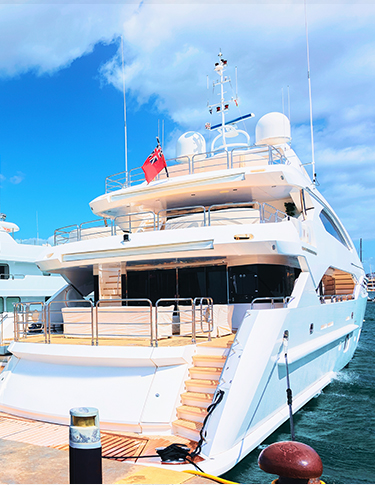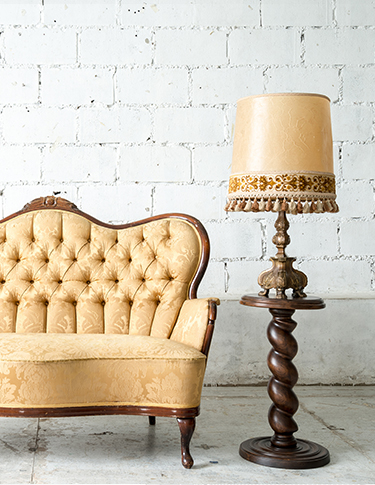Fine arts and customs
Are you an individual, a gallery owner, an exhibition organizer or a museum director? Be aware that the circulation of your works, whether they are “cultural goods” or “national treasures”, is subject to authorization. As part of the protection of national cultural heritage, their import and their export are controlled by specific regulations.
Regarding the “Fine Arts” formalities, they are carried out before transiting through customs. We offer our support and our valuable advice to carry out all the procedures relating to Fine Arts and customs formalities.
Works of art import
Fine arts and customs formalities differ depending on whether it is a temporary or permanent import. However, when you bring back a piece to France, you will have to:
- Present the return attestation of the work to the administration that dispensed it
- Have it checked by the competent Department of the Ministry of Culture if it is a “cultural asset”
- Make a customs declaration if the work comes from a third country
In the event of temporary importation (exhibition, restoration), no document is required if the work comes from an EU country. However, you must apply for temporary admission and pay a deposit to cover the amount of the applicable duties and taxes.
Please note: an individual shall in no case temporarily bring a work into France.
In the event of a permanent import of the work:
- for galleries and individuals: a duty-free import application is recommended to avoid paying duties and taxes.
- for museums that acquired a work outside the EU: payment of duties and taxes must be made at the time of the declaration of release for consumption.
Please note: the import of goods made of organic matter such as ivory is prohibited in France.
Works of art export
Whether temporary or permanent, a work of art export o is subject to an authorization to leave the territory (AST) including an export license and a customs declaration. The regulation applies to individuals and professionals.
The following items are subject to the export licensing requirement:
- Archaeological objects over 100 years old
- Paintings over 50 years old
- Sculptures over 50 years old
- Watercolours, gouaches and pastels over 50 years old
- Engravings and prints over 50 years old
The procedure to follow differs depending on whether the object is cultural property or national treasure:
- If the work is a “national treasure”, it can only leave French territory for a temporary period, with the express authorization of the competent administrative authorities. Properties being of major importance from an archaeological, artistic or historical standpoint are considered as “national heritage”.
- If the work constitutes a “cultural property”, its temporary or final release will be subject to authorization: a certificate of cultural property added to an export license or an AST.
- If the work is not considered a “cultural good”, it can move freely throughout the world and can be sold without authorization.
It should be noted that no certificate is required to bring the work out of the territory:
- in case of final import in France for less than 2 years
- in case of re-export after prior temporary import
In all cases, the export of the work outside the EU implies compliance with the provisions relating to capital gains tax and customs formalities.
However, the following are subject to an exemption:
- Transfers to museums
- Temporary exports
- Exported works by the artist himself
- Re-export during a move for objects already imported during an installation in France



; ?>)















